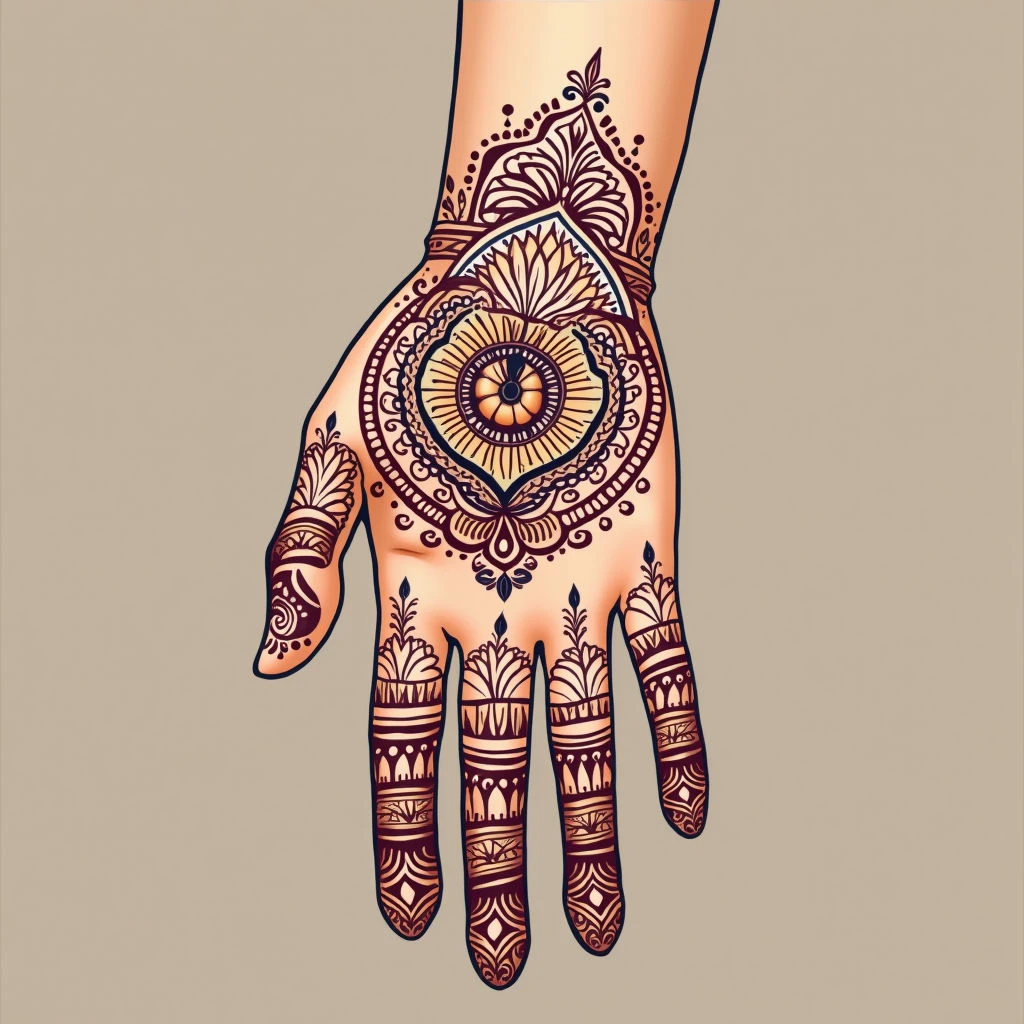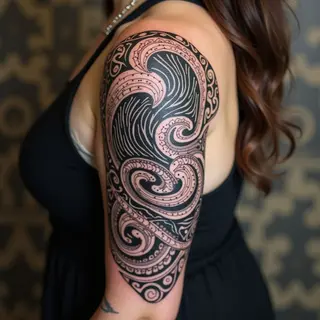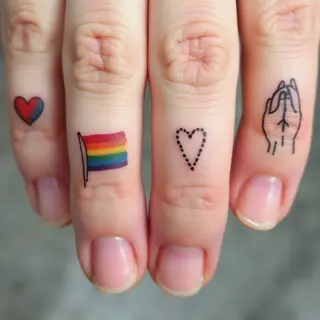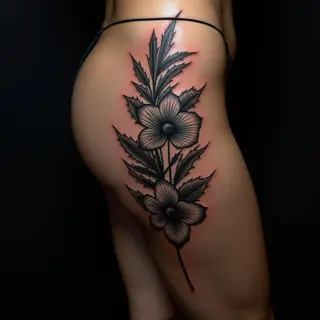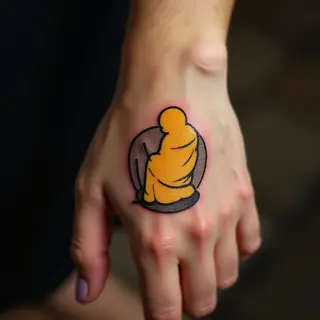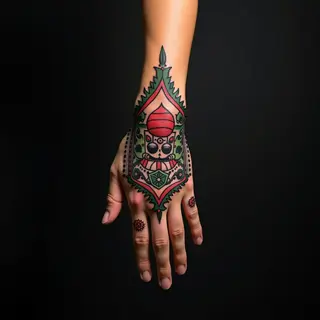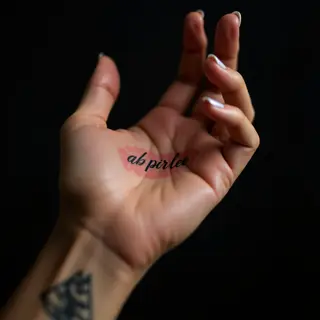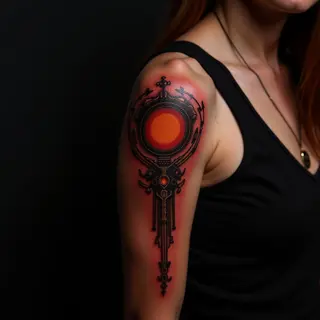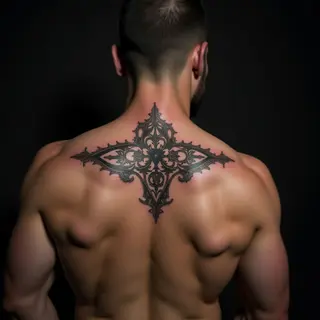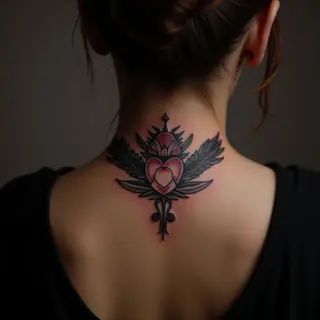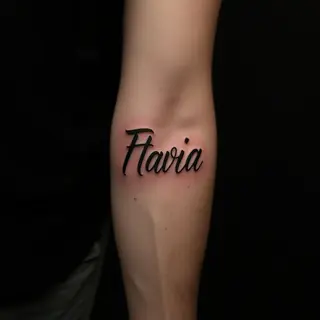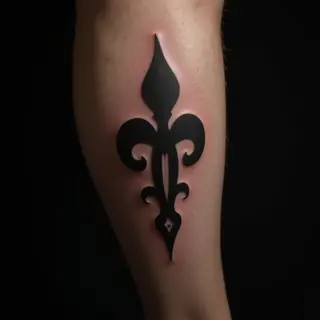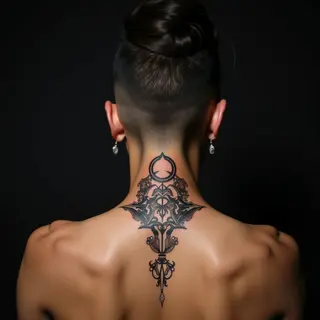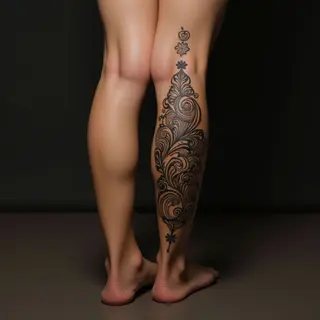Henna Hand Tattoos: A Tapestry of Meanings and Self-Expression
Henna hand tattoos, also known as Mehndi, have a vibrant history deeply rooted in cultural traditions across South Asia, North Africa, and the Middle East. While often associated with celebrations like weddings and births, henna's meaning extends far beyond these occasions, carrying layers of symbolism that resonate powerfully with diverse communities – including LGBTQ+ individuals seeking self-expression.
A Tapestry of Meanings
Historically, henna designs weren't just decorative; they were imbued with blessings for luck, protection, and fertility. Different patterns held specific significance: geometric shapes often represent spirituality, floral motifs symbolize beauty and growth, and animals can embody strength or grace. For many cultures, the darkness of the stain represents the intensity of love.
Queer & Identity Expression
For LGBTQ+ individuals, henna offers a beautiful avenue for exploring identity. The temporary nature of henna aligns with journeys of self-discovery and transition – allowing for experimentation without permanent commitment. Designs can incorporate pride flags, chosen family symbols, or personal mantras to outwardly celebrate who you are. The act of applying henna itself can be a ritualistic expression of self-love and acceptance.
Beyond Tradition: Personal Symbolism
Today, people use henna to create unique, personalized designs that tell their stories. Combining traditional elements with modern aesthetics allows for deeply meaningful body art. Consider incorporating symbols that represent your values, passions, or significant life events – creating a visual narrative on your skin.
Safety & Considerations
When opting for a henna tattoo, prioritize safety! Ensure the henna paste is natural and free of harmful chemicals (especially PPD). Always choose a reputable artist who prioritizes hygiene practices.
